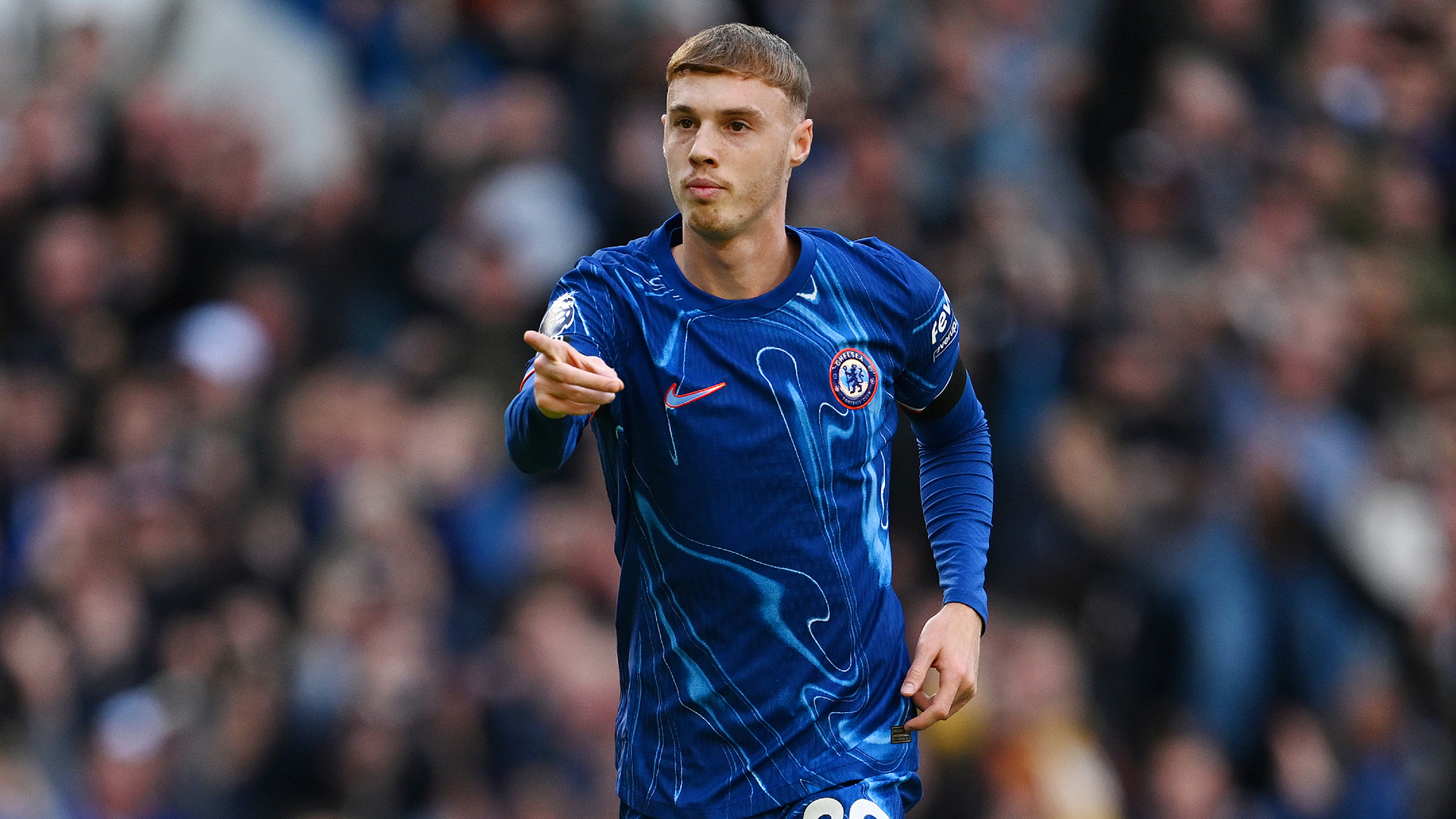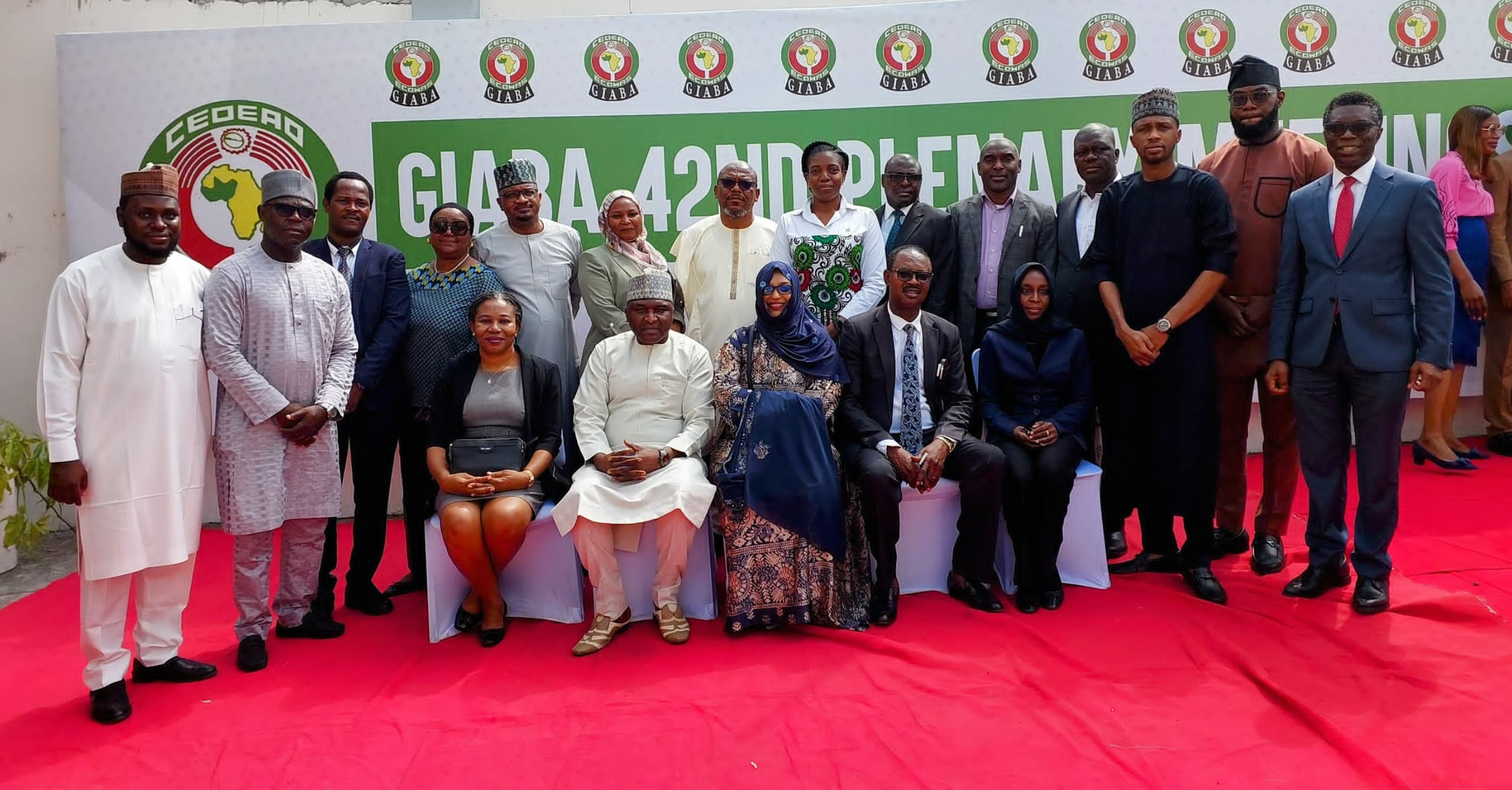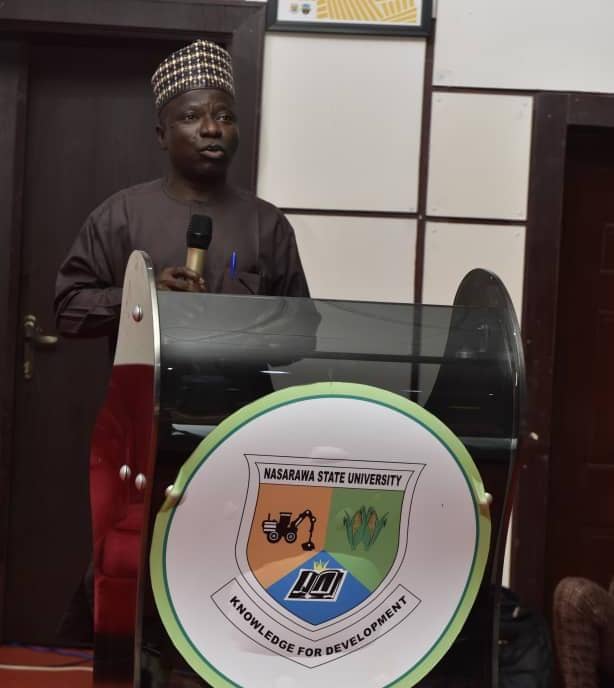As the Central Bank of Nigeria’s (CBN) Monetary Policy Committee (MPC) begins its last meeting of the year today, the consensus among analysts appears to be that, with inflation resuming its uptrend in the months of September and October, the committee is likely to again raise its benchmark interest rate-the Monetary Policy Rate (MPR)-at the end of the twoday gathering.
At its previous meeting in September, the MPC had unexpectedly raised the MPR by 50 basis points to 27.25 per cent citing the need to tame persistent inflationary pressures.
The move, which was the MPC’s fifth rake hike this year, wrong footed analysts, who had predicted that the apex bank would leave the MPR unchanged at 26.75 per cent especially as inflation eased in July and August.
However, with the increase in the price of petrol and lingering naira volatility resulting in the latest inflation report, released penultimate week by the National Bureau of Statistics (NBS), showing that inflation jumped to 33.88 per cent in October from 32.7 per cent in September, many financial experts believe that the most likely outcome at the end of the MPC meeting tomorrow is another MPR hike.
For instance, commenting on the inflation data for October 2024 published by the NBS, analysts at Comercio Partners stated: “Naira volatility continues to complicate Nigeria’s economic landscape, adding uncertainty and challenges to the nation’s financial stability.
Since the beginning of the year, the Central Bank of Nigeria (CBN) has adopted a hawkish stance, raising interest rates by 850 basis points in an effort to tackle inflation.
“Given the ongoing inflationary pressures and the likelihood of continued exchange rate instability, another rate hike of 50 basis points, but retaining of Cash Reserve Ratio (CRR) levels is anticipated at the CBN’s next meeting.
This measure is intended to combat inflation by increasing borrowing costs, thus reducing demand, however slowing economic activity.”
They further said: “The CBN faces growing pressure to implement further tightening measures to address the persistent inflationary trend. Balancing price stability with economic growth will remain a complex challenge for policymakers.
“Also, additional tightening, such as increasing the Cash Reserve Ratio (CRR), could further limit liquidity in the banking sector, restricting lending and investment.
This would have a broader impact on economic activity, potentially exacerbating the challenges faced by businesses and consumers alike.”
Also, in their reaction to the October inflation numbers, analysts at Financial Derivatives Company (FDC) said: “The last MPC meeting for 2024 is to be held on November 25 and 26, the inflation and exchange rate trends will be the main focus of the committee.
The decision at the meeting will be based on a nominal anchor. However, with the new inflation rate margin in October at 1.18 per cent, the committee might be prompted to tighten monetary policy again.”
According to a Bloomberg report last week, in the wake of Donald Trump’s election as the next US President, of the 14 monetary authorities on the continent that were due to give rate decisions, eight including South Africa and Kenya were expected to cut interest rates, five were expected to stand pat and only one — Nigeria — was predicted to hike.
Specifically, the report stated: “In Nigeria, policymakers will likely hike rates on November 26 to cool inflation that’s heating up again because of an increase in gasoline prices, currency weakness and recent floods.
“They’ve already lifted rates to 27.25 per cent from 11.5 per cent in just over two years and said they will continue to do so until inflation is tamed.”
According to the report, while domestic conditions will play a role in Africa’s monetary authorities’ decisions, “it will be hard for them to ignore Trump’s November 5 election win, which has roiled emerging markets as investors bet his policies could lead to a stronger dollar and higher US rates.”
It quoted EY Africa Chief Economist, Angelika Goliger, as saying: “Trump’s stated policies, such as an increase in tariffs and larger budget deficit for the US, are likely to be inflationary and set to put a damper on the ability of African central banks to cut interest rates in 2025.”
“A stronger US currency will be bad news for African nations, making their imports and dollar debt more expensive. Rising US interest rates could also draw capital flows away from emerging markets, forcing monetary authorities to lift borrowing costs to support their local currencies,” the report added.
Already, “emerging market currencies have depreciated as much as 5% since Donald Trump won the US election earlier this month, increasing the upside risks to inflation,” said Yvonne Mhango, Africa economist at Bloomberg Economics.
“This will likely make African central banks that were easing, less dovish going forward,” she added.
Please follow and like us:

 2 hours ago
8
2 hours ago
8













